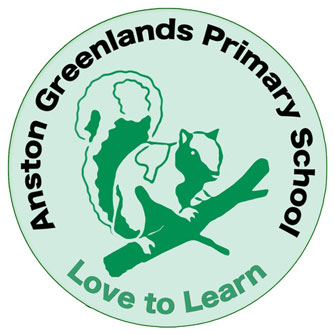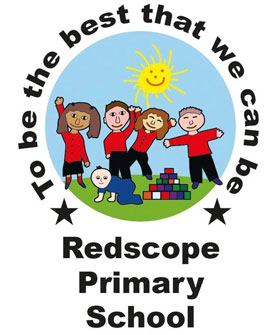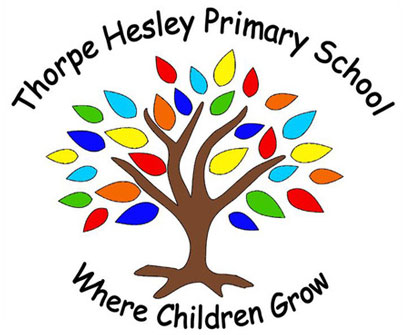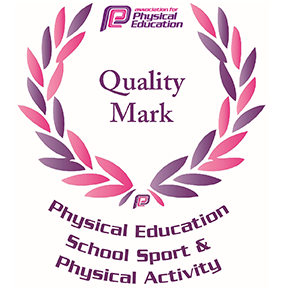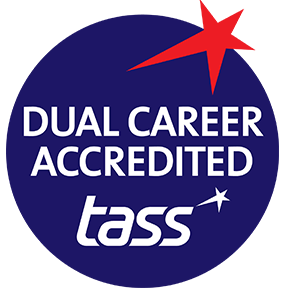Our Sport and PE department have featured in the latest edition of FE week. See the article below or open as a pdf using the button. Scroll to page 19 to see the story:
Sport is often forgotten in discussions of FE. But with Ofsted looking hard at ‘personal development’, the award-winning PE team at New College Pontefract appear to have backed the right horse
It seems fitting for a feature about fitness that when I visit New College Pontefract, I do an awful lot of exercise (compared to a usual news day, anyway).
First off, I take a wrong turn. Striding up one hill, the first two shops I come across in the Yorkshire town are a Chinese takeaway and the largest Haribo sweets shop I’ve ever seen (the factory nearby is one of the big employers in the area).
There’s a lovely market town square, but it’s not exactly the healthiest start. Then, having reached the top, I spot the college on a different hill.
Setting off up that hill instead, I reach the sixth-form college, which is even more impressive up close. A girls’ grammar school before becoming a college in 1987, it is flanked by spanking new astroturf football pitches on its lower slopes, and a rugby pitch on its upper slope.
A poster by reception proclaims it has a grade 1 Ofsted (but, I note with approval, the date of inspection is included for transparency: 2014).
Inside, huge numbers of teaching awards and silver sporting trophies bedeck the entrance. A giant map on the wall pinpoints all the schools whose students have chosen to study with New College Pontefract. The message is clear: we are popular, we are successful, and we are proud.
At the end of last year, the PE department won the ‘FE team of the year’ at the Pearson teaching awards. When I ask one staff member why they won, I’m told with typical, grinning Yorkshire self-effacement that “our grant writer is really good” – but it’s clear the team are playing themselves down.
Sport here is hugely valued, in a way that FE perhaps does not always deliver on.
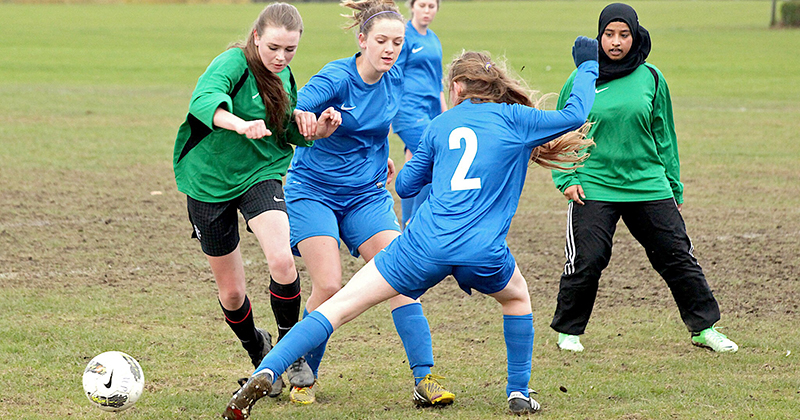
Josh Buxton, a PE teacher and sports coach, explains why PE is particularly special to an education setting, and different to many other subjects. It allows for a sense of community and close rapport with students, he explains.
“It’s something 90 per cent of the population can engage with – it’s an interest for so many people. It gives you something to have a conversation about. My students all know I support Liverpool football club, for example, so if they’ve lost, there’s that two minutes’ grief at the start of the lesson,” he grins.
Staff may even support, or play in, the same local teams as students outside of college life. Not many subject departments are so closely linked to their students’ interests and activities.
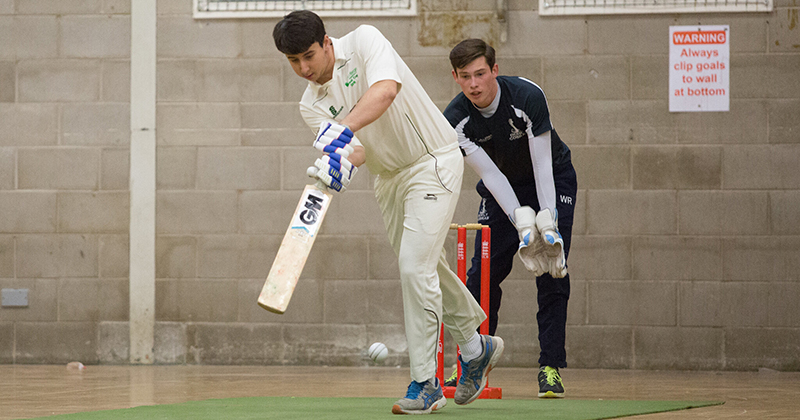
Sport also plays a special role in pastoral work, continues Buxton.
“For students struggling with motivation or confidence, the practical side is a chance to relieve stress, make friends. It’s so good for physical and mental wellbeing. Some subjects can offer that more than others, and PE is one of those.”
We’re standing on the edge of the astroturf football pitch now: myself, Buxton and director of sport Tom Shepherd. Buxton’s point about the community-building nature of sport is evident, as students cheer their peers from the sidelines.
“You get that instant result with sport,” says Shepherd later. “You see the crowd of students watching – they’re making friends, they’re making memories. It’s because sports is visible. Other subjects have their eureka moments too, but ours is in your face.” It’s a very good point.
It’s about making friends, making memories
Shepherd is, true to his name, herding me around the many facilities students have at their disposal, which appears to involve walking around half of Pontefract.
It’s partly because I’ve handily arrived on a Wednesday, which is competitive sports afternoon, and so everyone is out: there’s boys’ and girls’ rugby, boys’ and girls’ football, netball, basketball and cricket, as well as golf, badminton, table tennis, athletics, tennis and swimming.
That’s before you get on to the additional enrichment activities (all students must choose at least one when they start college), which include volleyball, wheelchair basketball and boccia (an ingenious sport like boules that allows disabled and able-bodied students to play together).
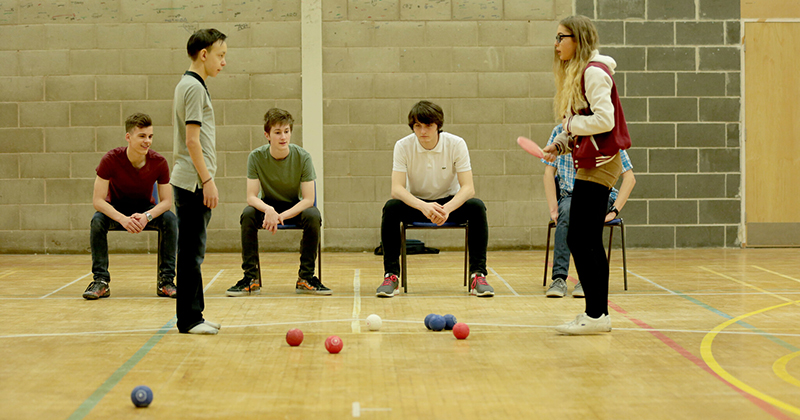
But it turns out we’re also trekking about because the college does not have many facilities at its own location. The old grammar school site means space is limited and there is one modest sports hall and the rugby pitch. To offer such a variety of activities, the PE team have had to hustle.
Chelsea Branson, vice principal and a PE teacher, explains: “What we’ve got is links with the community.” The college rents the astroturf pitches and the swimming pool from Wakefield Council, for example, and also managed to secure subsidised local gym rates for students, and use of Pontefract’s squash and leisure centre too. “We’ve got a great relationship with that squash club and they’re really supportive of community activities,” says Branson.
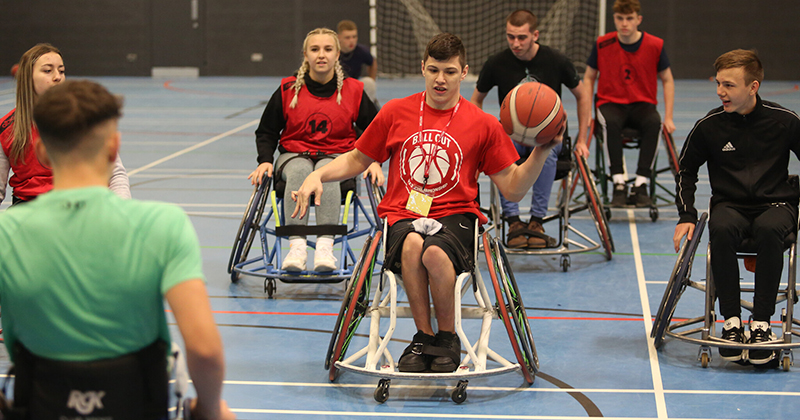
Shepherd takes me to all these sites, and by sheer luck the college’s team appears to have won whenever we turn up. The only one we don’t visit (over yet another hill) is the golf club, which the PE team recently got permission for students to use too.
“That’s really good for students learning about skill acquisition for the A-level paper,” explains Shepherd. “It’s a sport most of them will never have done, so they can study how you learn something from scratch.”
So rather than having the perfect site, the college has worked skillfully to make the local offer work.
The PE team also has the support of local families, says Branson. “I think the wider community puts a strong value on sport, and as a college we are reflecting that wider community,” she says.
Parts of Pontefract are in the top ten per cent most deprived areas of the UK, so having a good sports offer is not taken for granted by the community, adds Shepherd.
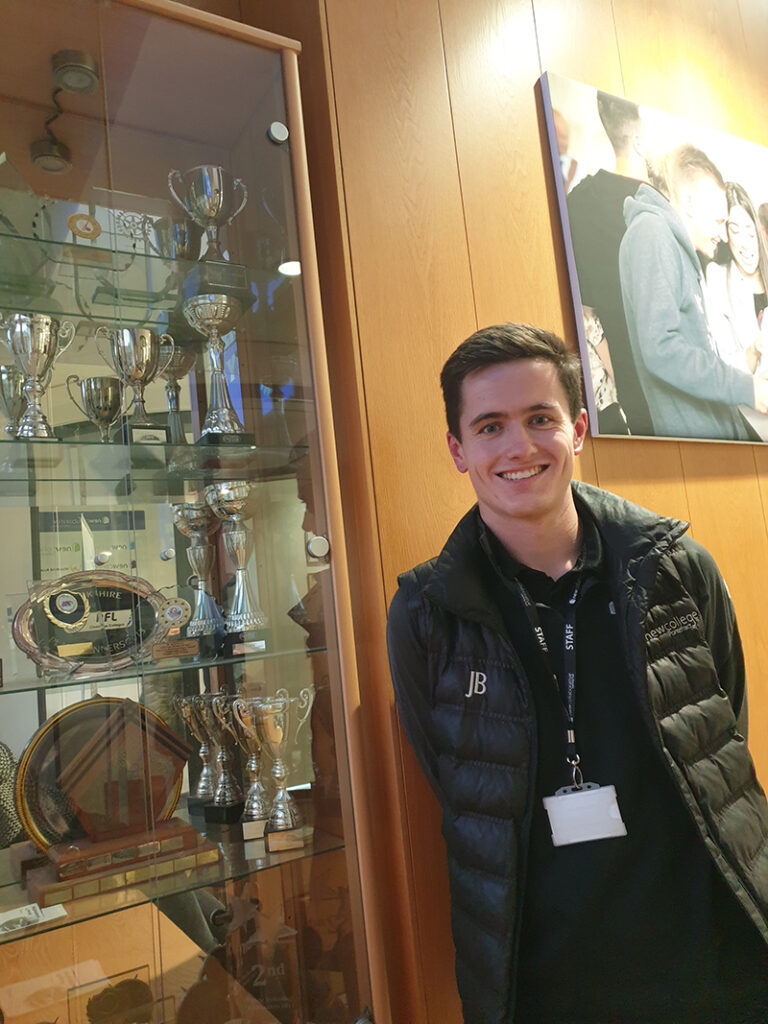
It also helps to have the senior leadership team on board, he continues. The college is part of the New Collaborative Learning trust, whose chief executive, Richard Fletcher, came from the PE department, is into rugby, and is fully signed up.
Meanwhile, college principal Vicky Marks says staff who are sports coaches are paid, rather than expected to just add it to their other tasks (as is often the case in schools): “That gives it status.”
She is also a strong believer in “rich provision… College is not just about the classroom, it’s about the whole experience,” she says. “It’s not just about the interests students have when they arrive, it’s about inspiring them to try something new.”
The trick is to develop the very best sporting students but also to have plenty of sporting offers for those who may be intimidated by sport, says Shepherd.
“It’s the sport development pyramid. You’ve got to see to the best sports performers in the college. Students are impressionable, and there’s a portion who will follow them more than they will follow you. If you lose that top group, you lose the rest.
“But you also have to offer lots to people who think they might not be sporty. Everyone likes winning, and everyone likes celebrating a point.” That’s why it’s important to offer social netball as well as competitive netball, he explains.
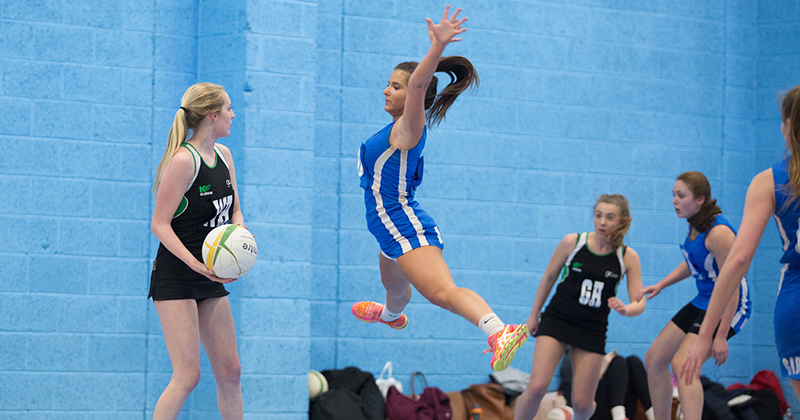
It’s nearing the end of my walk, and Shepherd takes me on a final tour to show me what he means. First, we walk down a corridor lined with sports shirts and leotards that have been signed by former students who progressed to national level, world championships and even the Olympics.
They were all supported through TASS – the national Talented Athlete Scholarship Scheme. The scheme helps colleges to support athletically talented students with bespoke timetables, special guest speakers and peer support groups, so they can compete.
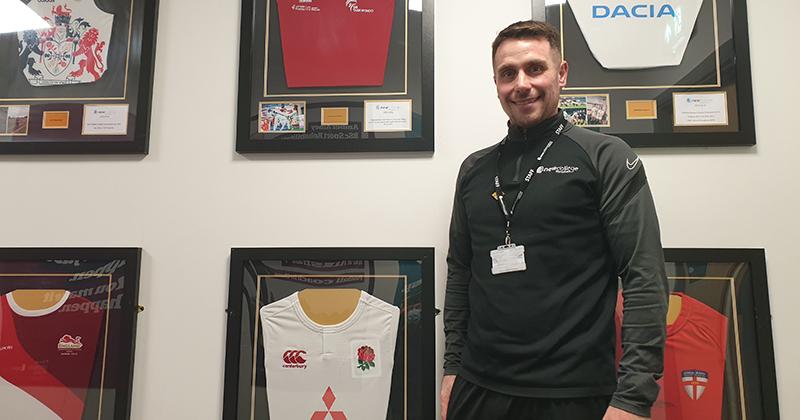
Next, we poke our heads into the sports hall, where a chaotic game of volleyball is taking place.
“I don’t know what it is about mixed volleyball, but we’ve had so many students get involved who don’t like other sport,” grins Shepherd. “It’s great!”
The college’s competition manager, Andy Green, is integral to making these extra activities happen, he adds.
In FE conversations about policy or funding these days, sport seems to be rarely mentioned. The Association of Colleges runs its successful sports national championships, but the wider policy conversation around the importance of sport feels quiet.
There’s an old New Labour policy document on “the role of further and higher education in delivering the government’s plan for sport”, but little noise since then (even as schools continue to get sports premium funding).
But the team at New College Pontefract have backed the right horse: in 2019, Ofsted made ‘personal development’ a key area. It wants to know how a “provider’s wider work supports learners to develop their character […] and helps them know how to keep physically and mentally healthy.”
“We welcome that change of direction,” smiles Marks. “It matches our ethos.”








